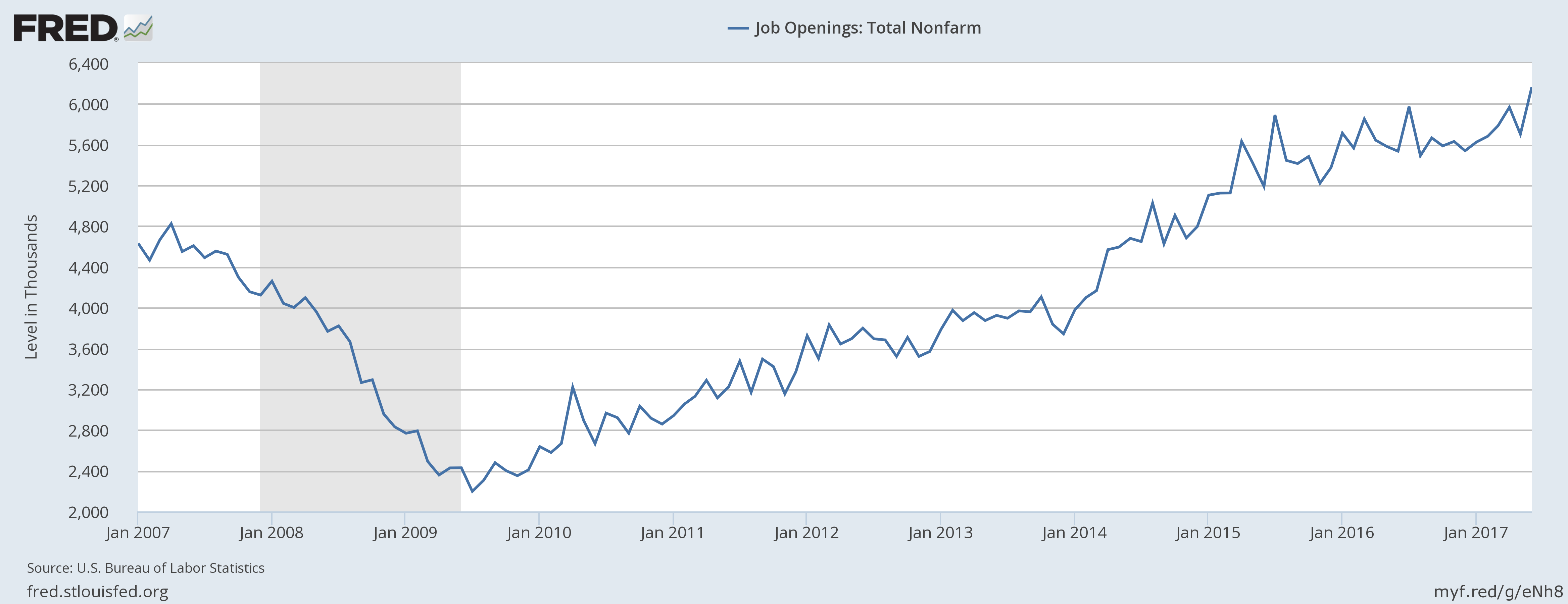Your right to free speech in the workplace has largely been a settled matter, at least here in the US.
Essentially, you don't have any such right in the workplace. Or said differently, if you attempt in going too far in exercising what you think should be your right to free speech in the workplace, the company that employs you can and possibly will relieve you from your position without much deliberation and without recourse.
And most employees, I think, more or less get that. They understand the tradeoff, they know that the company does not exist to create a forum for employees to exercise their rights to free speech as and when they like. 'On the clock' time belongs to the company. Computers, phones, and other company owned devices shouldn't be used for activities that are not a part of your 'official' role.
Like I said, most of us get that. Back when email was first introduced into organizations as a work tool, we (tried) not to use it to email all of our non-work friends. We (tried) not to make a bunch of personal calls from the office phone. And (if we were smart), saved any break room or water cooler talk to last night's game or episode of The Sopranos.
The time and place for provocative, controversial, or potentially divisive speech or conversations was pretty much understood to be when you were not at work, and not in the workplace. And that worked (reasonably) well for most folks for a quite some time.
Even as technology modernized, and tools like PCs, home broadband connections, and later smart phones and social networks became more ubiquitous, there still was a decent understanding that work time was work time, and non-work time, (and freedom of speech time), was non-work time. But just like water finds its way to fill up all available space, work too, tries to find its way into more and more of our personal space.
Over time, it made sense for many companies and for their employees to think a little more fluidly and creatively about 'work' and 'non-work'. The above mentioned technologies, along with more employee's desire to be more present and fulfilled in their personal and family life, and in the last seven or eight years and increasingly tight labor market have all combined to drive many workplaces and roles to be designed much, much more flexibly than in the past.
Lots of folks no longer think about work as a place they go and a set of tasks they perform at specific, defined times each day. Usually Monday to Friday by the way. But the tech and the demands of work and employee desires have made it so that 'work' is not so much a place or a time but rather just a thing(s) someone does.
Who cares if you take the conference call from your kitchen table or if you work on the presentation at 9PM on a Saturday or that you skip some boring all hands meeting to catch Jr's soccer game? When work isn't a time or a place and it just is something you do, then when and where you are at any given time is irrelevant. You do what you need to do (at an acceptable quality level or not).
But what happened next is that more and more organizations and people too came to find that all this flexibility and fluidity came with an unexpected cost.
Work, like water, never stopped flowing. Even when we were almost certain we were not working. Like when we were at that soccer game. Or on vacation. Or at 9AM on Sunday morning. Work became a constant companion, in a way that non-work, despite skipping out from the office to catch a 3rd grade recital never did.
As the balance between work and not work shifted more and more towards work, then we were suddenly informed by small but loud subset of 'experts' that we needed to stop talking about work/life balance, (which we were told we could no longer achieve), and focus on something called 'work/life blend'.
The 'blend' agenda, was/is more or less an admission no longer can work be safely and easily partitioned off from non-work. Sure, you might be able to get away with taking an hour away from your email when you are at the recital but you better check in when you get home or at halftime of the soccer game. Weirdly, being available, accessible, and responsive all the time has become a badge of honor and value for lots of folks. And more and more an expectation of their employers.
Once you buy into the 'blend' argument, then work is never really something you can completely place aside. Not for long anyway.
And that might be perfectly fine most of the time for most people. Being able to not be tied to a specific workplace location for specific times has been an incredible benefit for lots and lots of people, (and has increased attendance at elementary school plays immeasurably).
But recent events in the news help remind us that this 'blend' also comes with a cost beyond just 'My Saturday night might be interupted by an email I have to answer'. The 'blend' also comes with a potential loss of one of the freedoms that most of us take for granted.
When you buy in to the idea that 'balance' and by implication 'separation' between work and non-work is no longer possible, then you have tacitly bought into ceding more of your rights and protections than you probably think.
We've heard and read a lot of talk about how no one's freedom of speech fully extends to the workplace.
What happens when the workplace extends out to us, to everywhere we go, to everything we do?
Enjoy that blend.

 Steve
Steve
